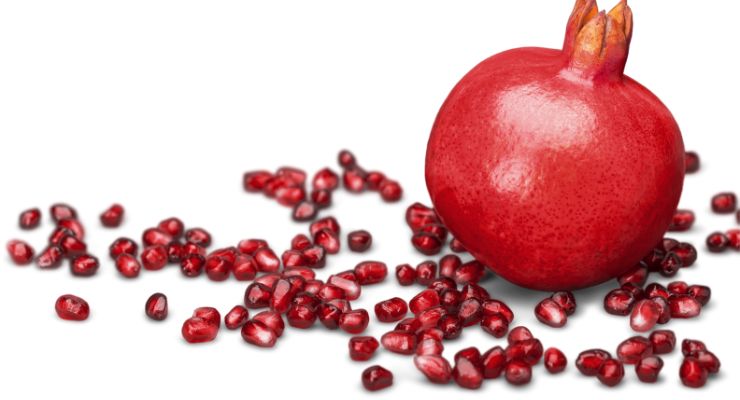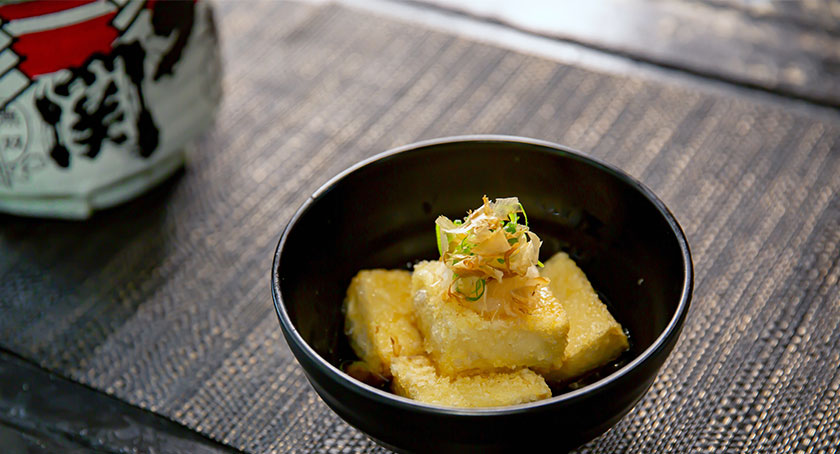Market Updates, Products & Ingredients
Pomegranate Extract Tied to Gut and Skin Microbiome Benefits
Lehvoss Nutrition’s Pomella extract was linked to wrinkle reduction in a small group of healthy participants which was tied to changes in microbiota.

By: Mike Montemarano

A pomegranate extract marketed exclusively in Europe as Pomella by Lehvoss Nutrition was evidenced in a recent clinical study to confer beauty benefits through changes made in the gut and skin microbiome.
The study, appearing in the Journal of Clinical Medicine, administered a 250 mg daily dose of Pomella to 18 men and women between the ages of 22 and 55 who completed the study for a total of four weeks.
Compared to placebo, those who supplemented with Pomella saw a 6.2% reduction in wrinkle severity, and a decreasing trend in the forehead sebum excretion rate (p=0.14). The supplementation group also saw higher amounts of Bacillus genus and Staphylococcus epidermidis by the end of the study duration. The group which took the pomegranate extract also saw a significant increase in short-chain fatty acid production, with a 38% increase in acetates and a 162% increase in propionates, versus a 1.8% decrease and a 0.1% increase in the placebo group respectively.
Higher levels of Eggerthellaceae in the gut microbiomes of the treatment group were also correlated with a decrease in both transepidermal water loss (TEWL) and wrinkle severity. The relative decrease in sebum was seen in those that had a higher expression of Eggerthellaceae, although it was not statistically significant.
“It is interesting that we are able to stratify responses based on gut expression of Eggerthellaceae,” the authors of the study wrote. “Bacterial species belonging to Eggerthellaceae are able to produce urolithin metabolites from ellagitannins, which are found in pomegranates and in the [pomegranate extract] used in this study.”
The authors wrote that the presence of Eggerthellaceae might predict a better response to Pomella supplementation and support the hypothesis that skin health benefits tied to oral supplementation have a mechanism of action related to changes in the microbiome.
“We are thrilled to have this new publication joining the mounting evidence in support of Pomella extract, at a 250 mg dose, once a day,” said Kristen Marshall, digital marketing manager at Verdure Sciences, the manufacturer of Pomella. “Gut and digestive health, skin support, and beauty from within have gained a lot of mainstream attention in recent years. What happens in the gut is reflected on the skin – and now we have clinical support showing the same.”
“This new clinical study is a great opportunity to place Pomella as the new innovative ingredient for beauty from within and confirms once more the immense potential beyond punicalagins and their gut-derived metabolites urolithins,” said Teresita Rudà, head of brands and marketing at Lehvoss Nutrition. “We look forward to seeing European customers benefitting from this research and launching ground-breaking formulations in the coming months. The link between gut and skin health is definitely an interesting and trendy topic in the nutraceuticals industry.”




















